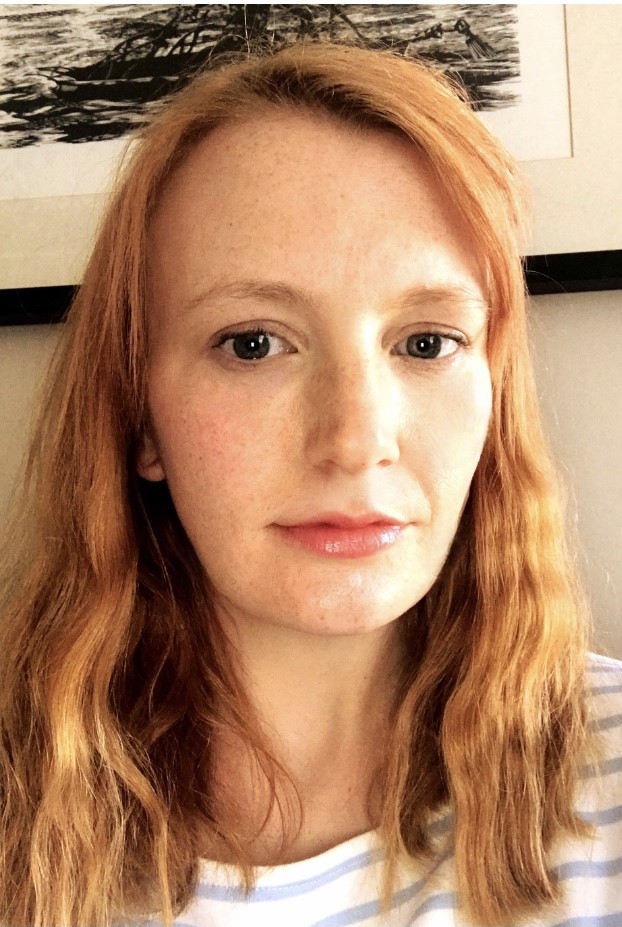Alanna Skuse

-
100
-
Associate Professor
Areas of interest
I am holder of a Wellcome Trust University Award for the project ''What think you of a wound?': wounding oneself in early modern England'. This project investigates representations of self-wounding in plays, ballads, moral writings and medical texts from 1580-1740.
In addition, I am interested in public engagement around the medical humanities. I have written for The Conversation and spoken on local radio as well as organising public events with academics and artist-practitioners.
My research focuses on medicine, identity and embodiment in the sixteenth, seventeenth and eighteenth centuries. My first book, Constructions of Cancer in Early Modern England: Ravenous Natures (Palgrave, 2015) examined both the allegorical uses of cancer and its medical diagnosis and treatment. My second book, Surgery and Selfhood in Early Modern England: Altered Bodies and Contexts of Identity (Cambridge, 2021) looks at the cultural and social impact of body-altering surgeries such as amputation, mastectomies, and castration. It argues that such surgeries became central to debates about the relationship between body and mind and the resurrection of the same body after death. My latest project on self-wounding in early modern England continues this focus on identity and embodiment by considering the uses of self-wounding as communication, protest, self-management, or self-punishment.
In addition, I am interested in public engagement around the medical humanities. I have written for The Conversation and spoken on local radio as well as organising public events with academics and artist-practitioners.
Postgraduate supervision
I am interested in co-supervising postgraduate students in early modern studies and health humanities.
Teaching
I am the research seminar convenor for the Early Modern Research Centre (EMRC) and the Centre for Health Humanities.
I am seminar convenor for the Centre for Health Humanities and the Early Modern Research Centre. Details of the seminars can be found on Twitter @Health_Hums / @ReadingEMRC.
Research centres and groups
I'm a member of the 'Identities' research group, a member of the UKRI early career researcher forum, and an open access research champion within the University.
From September 2024, I am co-director of the interdisciplinary Centre for Health Humanities alongside Dr. Marjorie Gehrhardt. I am also a member of the 'Diversity and Inclusion’ departmental research group.
Selected publications
Books
- Altered States: the surgically changed body in Early Modern England (Cambridge University Press, 2021 (open access))
- 'Ravenous Natures': Constructions of Cancer in Early Modern England, c.1580 - 1720'. ('Literature and Science' series, Palgrave Macmillan, 2015 (open access)).
- Surgery and Selfhood in Early Modern England: Altered Bodies and Contexts of Identity (Cambridge University Press, 2021 (open access))
- Constructions of Cancer in Early Modern England, c.1580 – 1720: Ravenous Natures. ('Literature and Science' series, Palgrave Macmillan, 2015 (open access)).
Journal articles and book chapters
- "With one stroak of his razour": tales of self-castration in early modern England.' Social History of Medicine 33.2, (2020), pp. 377-393 (open access)
- "Keep your face out of my way or I'll bite off your nose": Homoplastics, Sympathy, and the Noble Body in the Tatler, 1710' Journal for Early Modern Cultural Studies 17:4 (2017), pp.113-132.
- 'Missing Parts in The Shoemaker's Holiday' Renaissance Drama 45:2 (Fall 2017) pp. 161-179 (open access)
- 'The Worm and the Flesh: Cankered Bodies in Shakespeare's Sonnets' in Sujata Iyengar, ed, Disability, Health and Happiness in the Shakespearean Body (N.Y; Oxon: Routledge, 2015), pp.240-60.
- 'Wombs, Worms and Wolves: Constructing Cancer in Early Modern England' Social History of Medicine 27:4, (2014) pp.632-648. (open access)